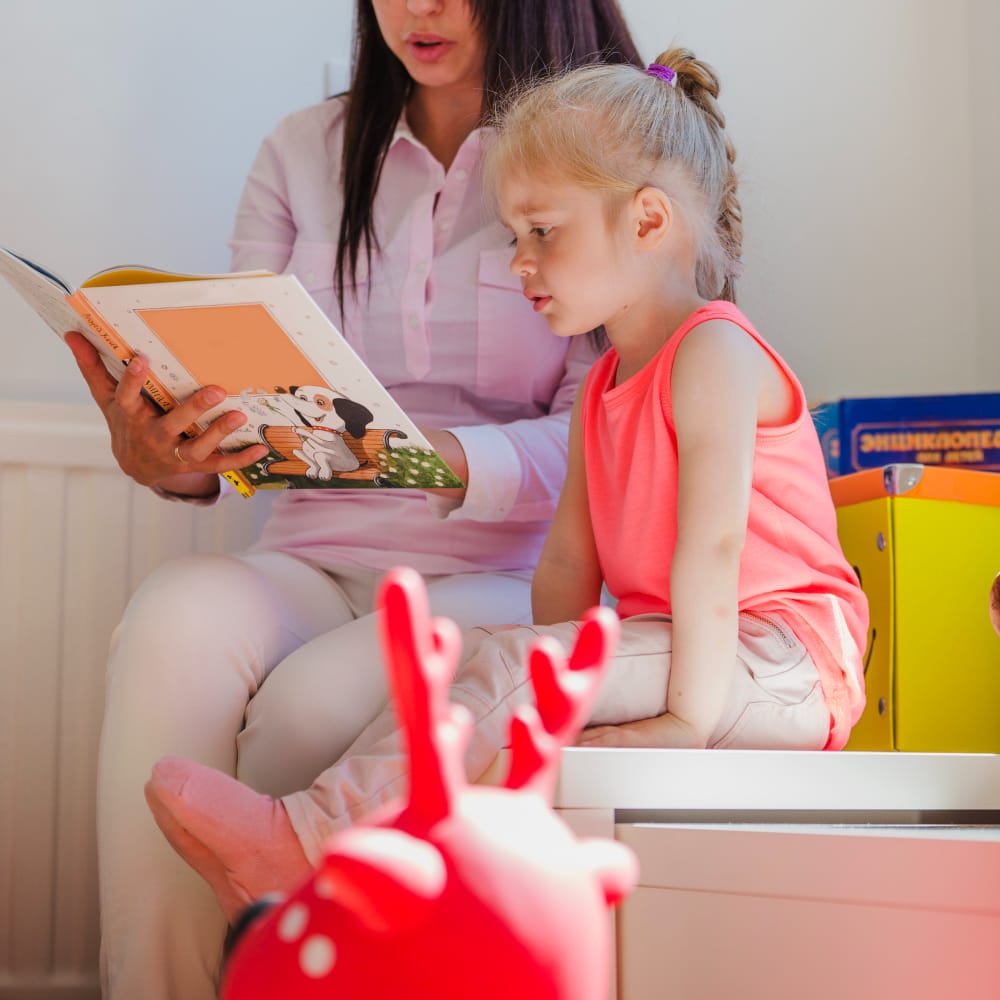
When we came into this world as babies, it was with a clean slate. We knew absolutely nothing about ourselves and we automatically had high self esteem. Quickly our minds began to soak up information about ourselves from our parents and our environment. We soon began forming the self-image that would follow us into our adult life and impact on our self-esteem.
The question then is what can you do to boost your child’s self-esteem?
☺ Touch your child lovingly – this can be hug, a kiss, a touch on the head, a hand on their shoulder, even if this is only done in passing, although it can be done during conversation
☺ Have a set time every week where you do something special as a family, allowing your child or children to decide what it is you’re going to do together.
☺ Listen to your child – sometimes it takes children a very long time to tell you a story or to make a particular point, just bear with them and listen to what it is they have to say. Let them know how important what they have to say is to you.
☺ Encourage your child to try things for himself so that he can develop a sense of achievement. Respect and reward every effort he makes so that he wants to persevere and try again. Don’t be so quick to jump in and try to do it for him.
☺ Don’t attack the child for bad behaviour. You need to understand that the child is not the behaviour and therefore you explain why the behaviour was wrong and give an example of what could have done differently or how to rectify what they have done.
☺ Sometimes your child may ask you for your help but please don’t take this as an opportunity to take over, rather simply assist with one part of it until he can take over again for himself or help him to solve the problem for himself.
☺ Be aware of the difference between verbal and non-verbal communication. We may be verbally saying one thing to children because that is the right way to respond, meanwhile our body language is showing a completely different emotion or even boredom, which can be detrimental to your child self-esteem if they start to believe they’re not important to you.
☺ Accept your children for who they are. Encourage them as they develop their own areas of strength even if it’s not an area you are interested in. Give them the opportunity to be themselves and develop independence and an understanding of responsibility.
☺ Be a positive role model. Boosting your child’s self-esteem depends largely on how you view yourself. Children who have parents with positive self-esteems learn to love and accept themselves without hesitation.
☺ Help your child get involved in activities that foster cooperation rather than competition
☺ Watch what you say as children are very sensitive to their parent’s words



